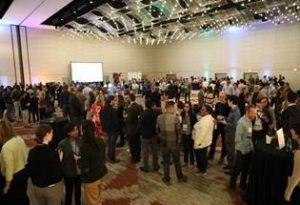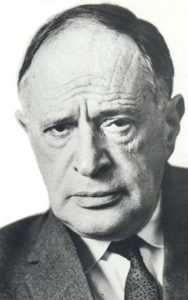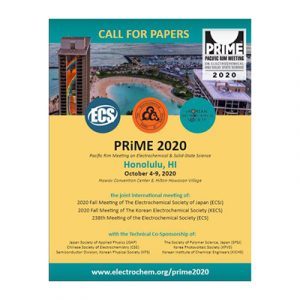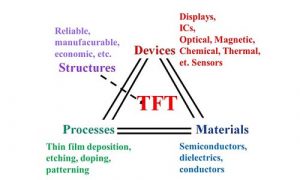In Honor of Robert Savinell’s 70th Birthday
Topic Close-up #5
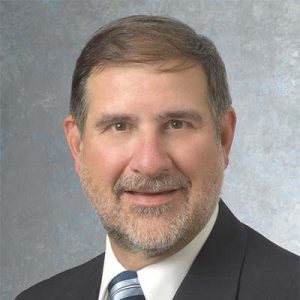 Symposium I03: Frontiers of Chemical/Molecular Engineering in Electrochemical Energy Technologies: In Honor of Robert Savinell’s 70th Birthday
Symposium I03: Frontiers of Chemical/Molecular Engineering in Electrochemical Energy Technologies: In Honor of Robert Savinell’s 70th Birthday
Symposium focus: In honor of Robert Savinell’s 70th birthday, after more than four decades of research in fuel cells and flow batteries, this symposium is organized to celebrate his achievements. The symposium highlights current and emerging ideas in electrocatalysis, electrolytes, and device design for fuel cells and flow batteries. Topics include molecular-level understanding of small-molecule electrocatalysis (including hydrogen, oxygen, and carbon- and nitrogen-containing molecules such as alcohols, ammonia, urea, carbon dioxide, and others), membranes and electrolytes including additives, nanoparticles, and deep eutectic chemistries, redox-active molecules, and new concepts in fuel cells and flow batteries, with contributions spanning different length scales from molecules to devices. We welcome contributions from both theory and experiment, especially on studies that are designed to bridge molecular-level understanding of electrochemistry to macroscopic electrochemical technologies. The objective is to provide an interdisciplinary discussion forum on the current state and future perspectives in fuel cells and flow batteries, and to celebrate the achievements of Robert Savinell to the field. (more…)
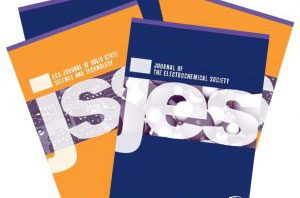 With ECS’s recent publishing partnership transition to IOP Publishing, some authors may have questions with the new journal manuscript submission, peer review, and production processes.
With ECS’s recent publishing partnership transition to IOP Publishing, some authors may have questions with the new journal manuscript submission, peer review, and production processes.

